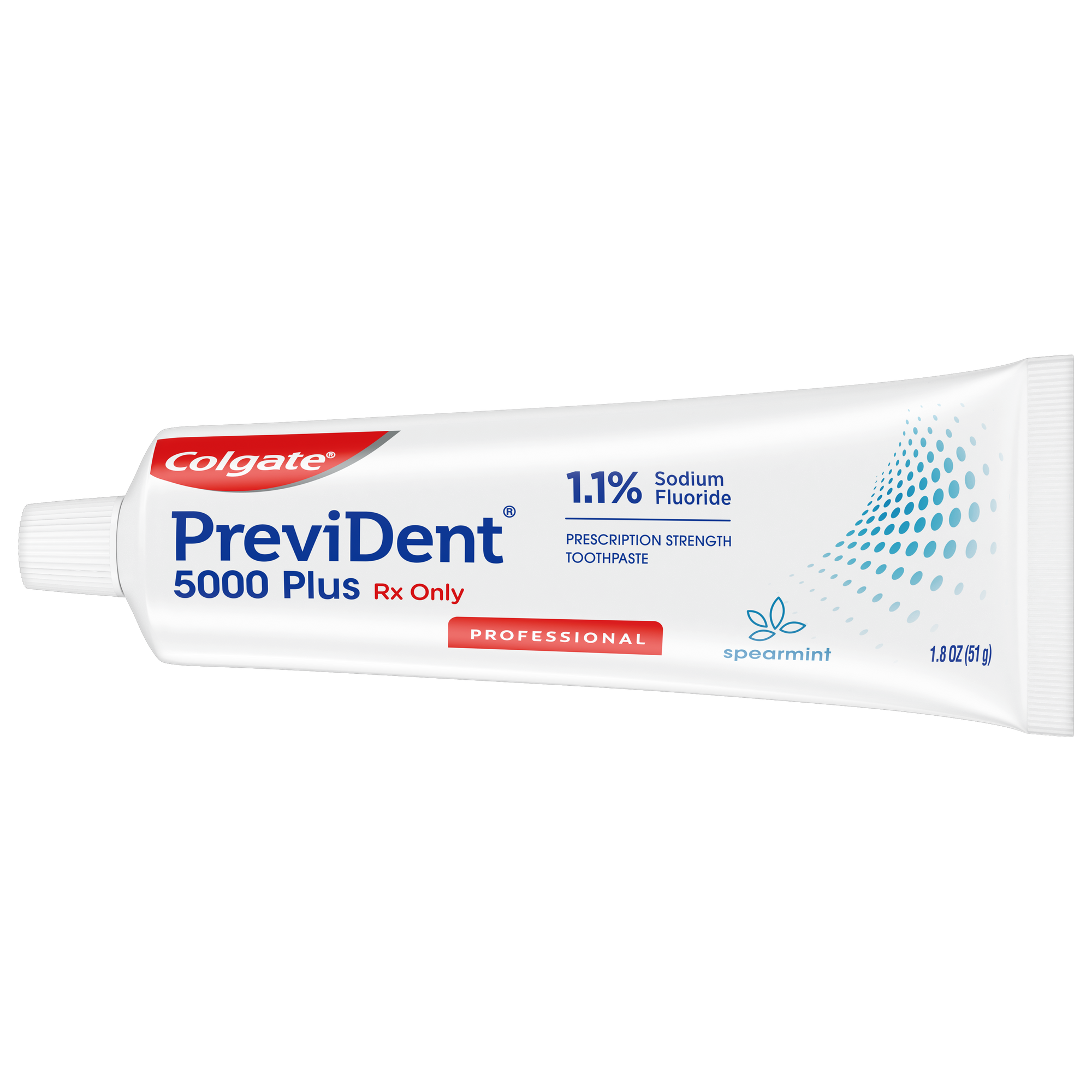What Is IBD?
Inflammatory bowel disease (IBD) refers to two conditions — ulcerative colitis and Crohn's Disease. Both are characterized by chronic inflammation of the gastrointestinal (GI) tract. Ulcerative colitis occurs specifically in the colon and rectum, while Crohn's Disease can impact any part of the GI tract from mouth to anus. The cause of IBD is currently unknown, but the inflammation originates from a defective immune system that responds incorrectly to environmental triggers. Genetics also plays a role, as someone with a family history of IBD is more likely to develop the condition.
Prolonged inflammation can damage the GI tract and result in various symptoms. The most common include:
- Diarrhea
- Abdominal pain
- Bloody stools
- Weight loss
- Fatigue
What Are Ulcerative Colitis Mouth Sores?
Ulcerative colitis can also affect the oral mucosa, the soft tissue inside your mouth on your gums and cheeks. Two types of ulcerative colitis mouth ulcers exist:
- Aphthous ulcerations. Also known as canker sores, these lesions appear as round white or yellow spots and can cause pain or bad breath. You are more likely to experience canker sores during ulcerative colitis flare-ups when inflammation is higher. They can take a week or more to heal.
- Pyodermatitis-pyostomatitis vegetans. This rare condition mostly affects those with IBD. It appears on the body as pustules in the skin folds, such as the armpits or groin, but it can also occur in the mouth. Pyostomatitis vegetans consists of red patches with multiple yellow or white pustules, which can erupt to form ulcers. These lesions can affect all areas of the mouth and throat but rarely involve the tongue or mouth floor.
How Do You Treat Ulcerative Colitis Mouth Sores?
Systemic treatment for your ulcerative colitis to reduce inflammation usually resolves any mouth sores. This treatment most likely involves drug therapy, including anti-inflammatory drugs, immune system suppressors, biologics, and other medications specific to your symptoms. Your physician will help you find the right drug to manage your IBD.
If you notice any new oral symptoms — such as mouth sores — or if the pain makes it difficult to eat or talk, contact your dentist. They might prescribe a topical cream or antiseptic mouthwash to help speed up the healing and reduce pain. Nutritional supplements might also help prevent any deficiencies from malabsorption that can lead to mouth sores.
When you have IBD, ulcerative colitis mouth sores might seem like one more thing to worry about. Thankfully, the overall treatment of your condition can help you find relief. Don't hesitate to talk to your dentist if your ulcers cause problems. They can help you care for your oral health so that you can focus on the rest.
This article is intended to promote understanding of and knowledge about general oral health topics. It is not intended to be a substitute for professional advice, diagnosis or treatment. Always seek the advice of your dentist or other qualified healthcare provider with any questions you may have regarding a medical condition or treatment.
ORAL HEALTH QUIZ
What's behind your smile?
Take our Oral Health assessment to get the most from your oral care routine
ORAL HEALTH QUIZ
What's behind your smile?
Take our Oral Health assessment to get the most from your oral care routine















